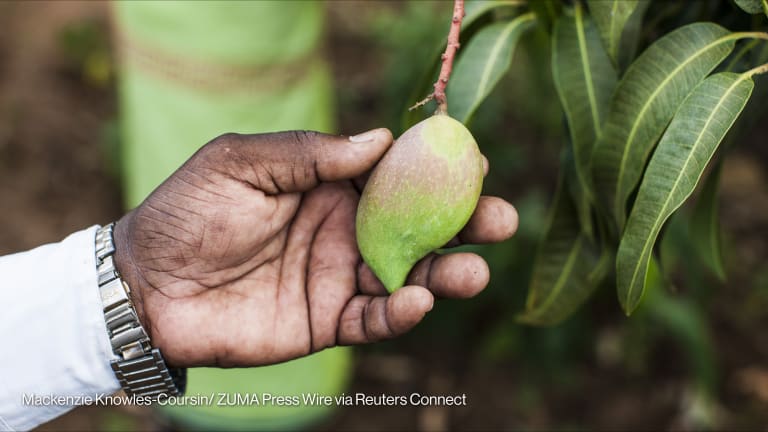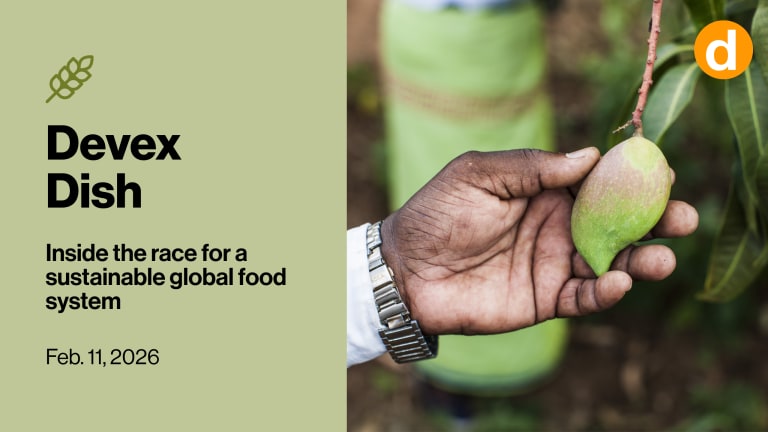A chimney solar dryer, which dries fruits and vegetables twice as fast as a traditional solar dryer, and a zero energy cool chamber that prolongs the life of fresh produce sit in a demonstration garden on the campus of the University of California, Davis, part of a lab funded by the U.S. Agency for International Development.
“We do research and adapt and modify technologies to make them more feasible for resource poor farmers who farm on a small scale in the developing world,” said Elizabeth Mitcham, director of the Horticulture Innovation Lab at UC Davis.
There are 24 Feed the Future Innovation Labs at universities in the U.S. that partner with developing country research institutions as part of the U.S. government’s global hunger and food security initiative. Five of those labs are at UC Davis — the most labs at a single university — and it is home to a number of examples of how this investment in research, and collaboration with higher education, is furthering efforts to end hunger, malnutrition and poverty.




